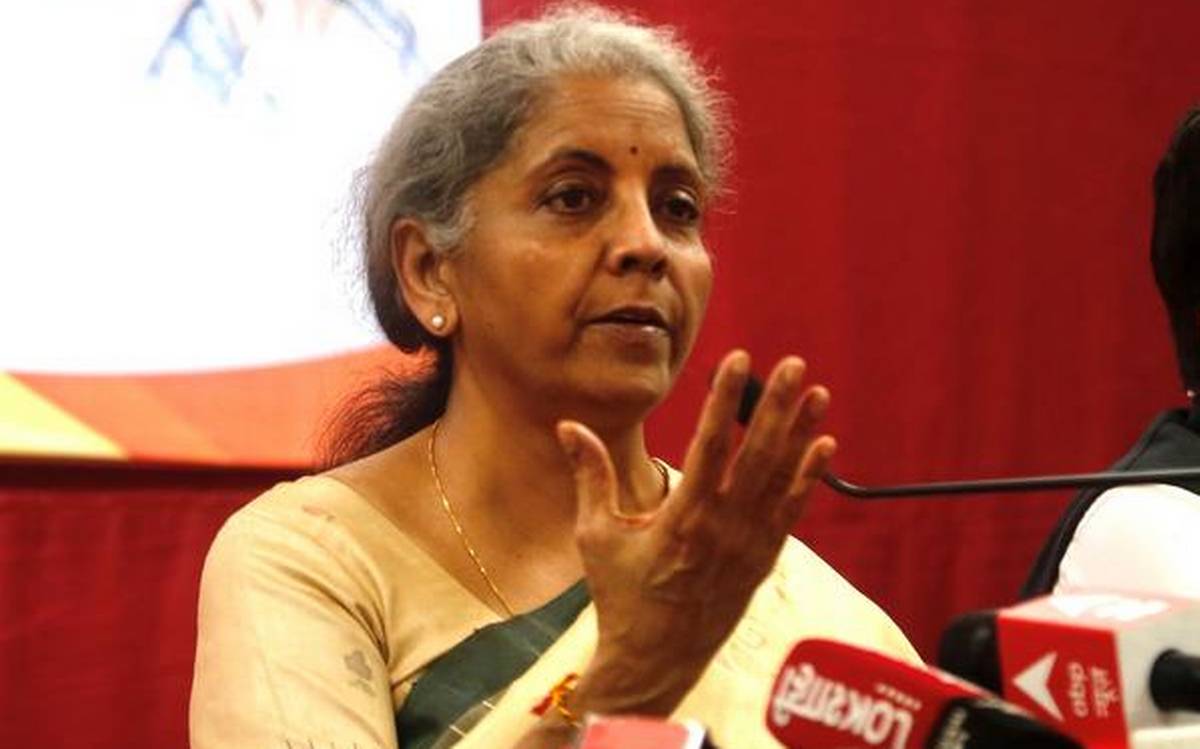India in February, presented the most anticipated and growth-oriented budget. It is no news that Modi government quite judiciously allocated funds for capital formation and created an amicable environment for large investments to follow. The government can only do so much to rectify for the onslaught unleashed by the pandemic , leaving a battered economy behind.
Therefore the government now calls in for bigger investments and corporation from the private sector. Finance Minister Nirmala Sitharaman on Saturday emphasized on the fact that the Centre has extended its full support during Covid-19 and now it is time that the private sectors unleash their “animal spirit” to make India one of the fastest growing economies of the world.
She stated that the Policies are clear and the policy consistency has been underlined. She now expects to witness private investors and private industry in India to come forward with that so-called animal spirit. This was stated by Sitharaman while highlighting the policy measures taken under the Atmanirbhar Bharat package . She was delivering the inaugural address at the 65th Foundation day of All Indian Management Association (AIMA) and 15th National Management Day.
In addition to finance minister Nirmala Sitharaman’s address to the investors, PM Narendra Modi called for better coordination and policy framework between the Centre and the states. He urged the states to synchronize their budget with the central budget in order to take full advantage of the production linked incentive (PLI) scheme to boost manufacturing in the private sector.
In his address to the NIti aayog , Modi stated that the PIL introduced by the government presents immense opportunity to increase manufacturing in the country. He urged the states to reap full advantage of it and the reduced corporate rates.
The government had reportedly announced 13 PLI schemes in wake of COVID-19 last year. The ambitious scheme had projected to lure mainly large companies to ramp up their manufacturing base and boost export. The total incentives under the scheme covered sectors like pharma, telecom, electronics, auto parts, textiles and chemical cells. The total incentives amounted to Rs. 1.97 lakh crore over a five-year term.
Finance minister, Nirmala Sitharaman in addition tried to set aside criticism over aggressive divestment drive. Sitharaman emphatically maintained that disinvestment does not mean the government wants those undertakings to be closed down but wants public sector units to be run better and to improve their productivity.
Appreciatively she added “I am answerable for taxpayers money being used productively… and it should be spent on those who need all the support,” . The government ,she emphasized has taken prerequisite steps to reduce the corporate tax which should be taken advantage of, only adding to the narrative of Mr. Narendra Modi.
The government in September 2019 had drastically cut the corporate tax rate to just 15% for setting up new manufacturing units in a bid to super elusive private investment. But the COVID-19 unleashed a severe blow and dashed center’s plan.
Thus it will be interesting to see whether the investors will act upon the summons of the prime minister and his administration, which has the potential to ramp up India’s production to the extent that it could put the economy on the track of the fastest growing economy in the world.

